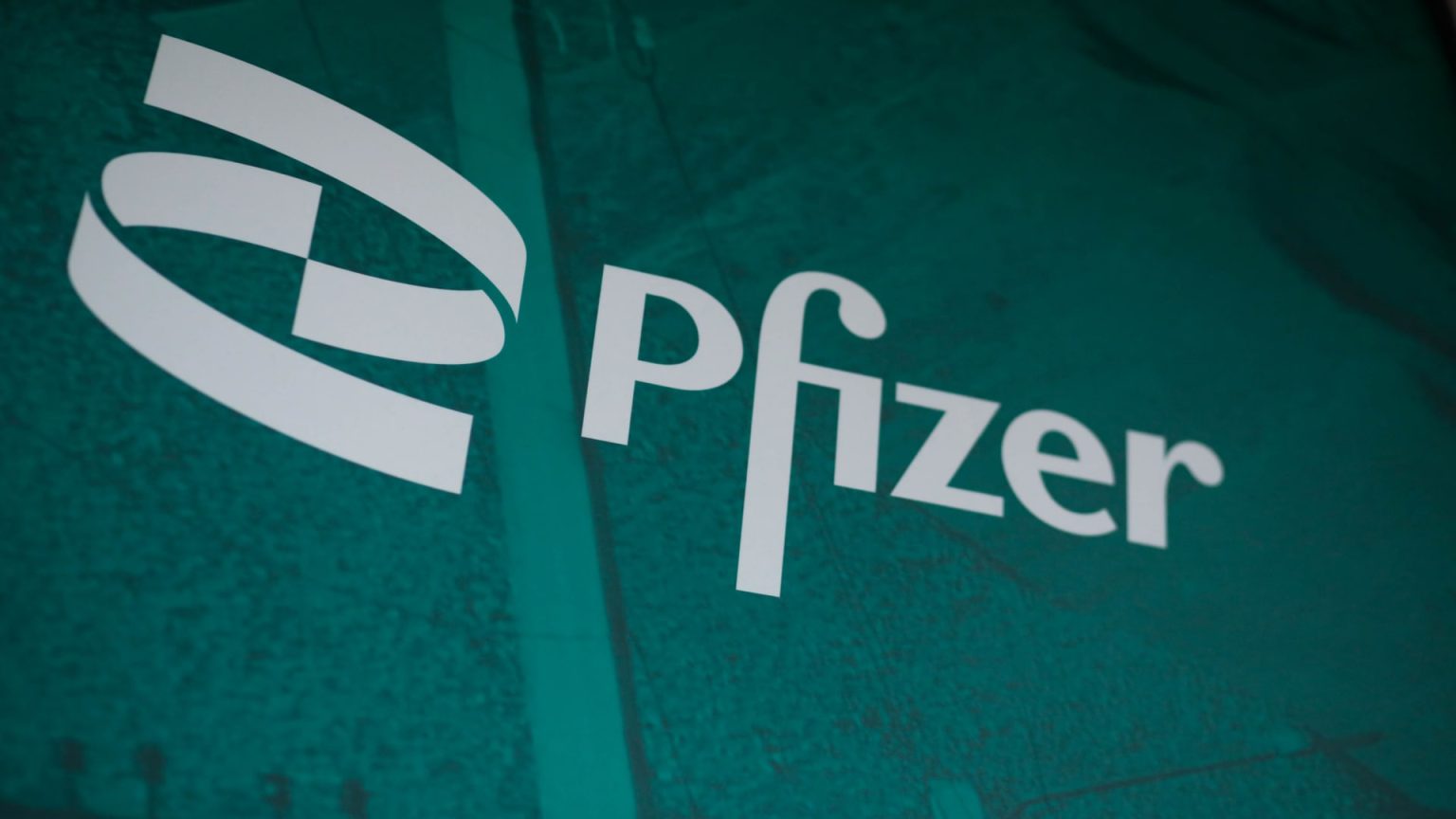Pfizer has developed an experimental drug called ponsegromab for cancer cachexia, a condition that causes cancer patients to lose their appetite and weight. A midstage trial of the drug showed positive results, with patients experiencing improvements in body weight, muscle mass, quality of life, and physical function. Cancer cachexia affects about 9 million people worldwide, with 80% of patients expected to die within one year of diagnosis. The condition results in significant fat and muscle loss, weakness, fatigue, and an inability to perform daily activities, making cancer treatments less effective and contributing to lower survival rates.
The drug, ponsegromab, is a monoclonal antibody that could potentially become the first treatment approved in the U.S. specifically for cancer cachexia. Pfizer presented the data at the European Society for Medical Oncology 2024 Congress and published the results in The New England Journal of Medicine. The phase two trial involved 187 people with non-small cell lung cancer, pancreatic cancer, or colorectal cancer and high levels of growth differentiation factor 15 (GDF-15), a key driver of cachexia. Patients who took the highest dose of ponsegromab saw a 5.6% increase in weight compared to those who received a placebo, with lower doses also resulting in weight gain.
Pfizer believes that ponsegromab’s ability to reduce GDF-15 levels can improve appetite and help patients maintain and gain weight. The drug has shown promising results in not only increasing body weight but also potentially improving other measures of wellness, such as appetite and physical activity. Importantly, Pfizer did not observe any significant side effects with the drug, with treatment-related side effects occurring in a similar percentage of patients in the placebo and treatment groups.
The company is in discussions with regulators about late-stage development plans for ponsegromab and aims to start studies in 2025 that could lead to approval. In addition to cancer cachexia, Pfizer is also studying the drug in a phase two trial for patients with heart failure, as they can also suffer from cachexia. Pfizer believes that the drug has the potential to address an unmet need in cancer patients with cachexia, enhancing their wellness, ability to care for themselves, and ability to tolerate more treatment.
Pfizer’s head of discovery and early development, Charlotte Allerton, emphasized that a weight gain of greater than 5% is considered a clinically meaningful difference in cancer patients with cachexia. While the estimated revenue opportunity of the drug has not been disclosed by Pfizer, the positive results of the midstage trial suggest that ponsegromab could offer significant benefits to patients suffering from cancer cachexia. The drug works by targeting GDF-15 to improve appetite and physical function, potentially leading to better outcomes for cancer patients struggling with cachexia, a condition that significantly impacts quality of life and treatment effectiveness.


